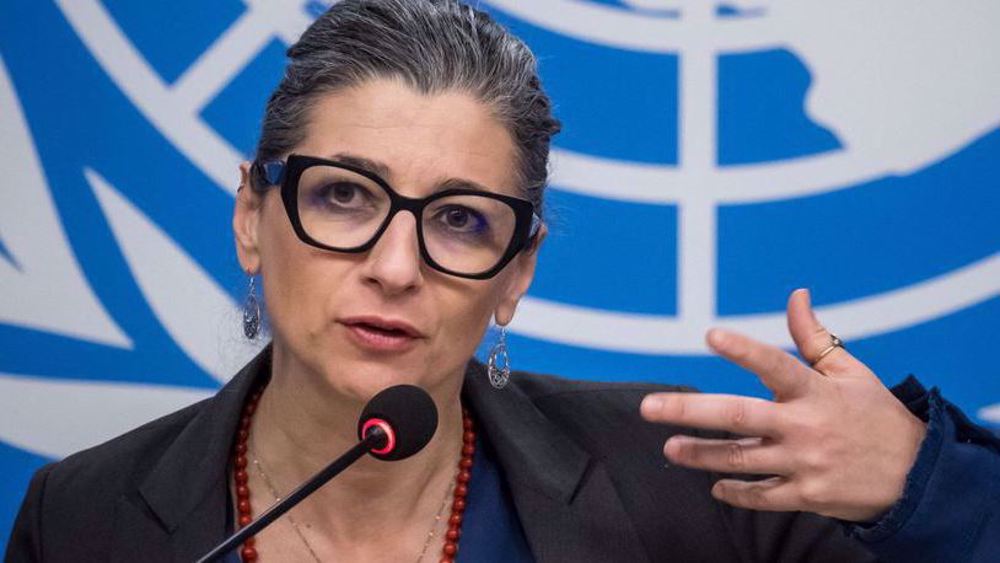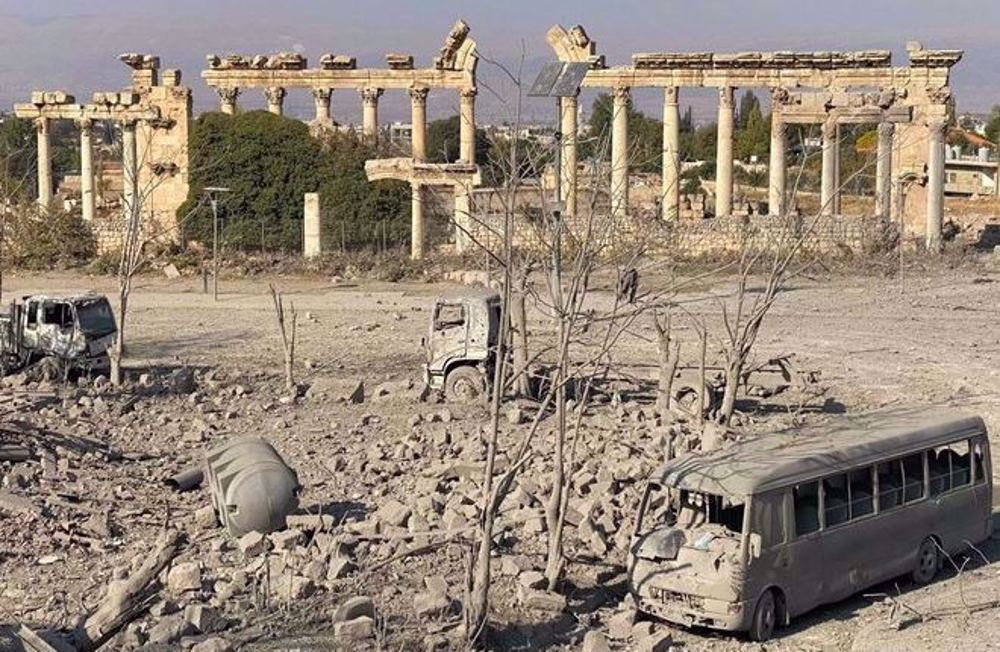Urban air pollution killing seven million annually: WHO
The World Health Organization (WHO) has warned of rising air pollution in cities across the world, estimating that it is claiming the lives of seven million people every year.
“On average, the situation has deteriorated and increased the levels of air pollution by 8%. So the situation is getting worse,” Maria Neira, the WHO’s public health chief, said during a news briefing in the Swiss city of Geneva on Wednesday.
“And we know that 80% of the urban population living in cities are exposed to very high levels of air pollution, and therefore, resulting on diseases,” she said.
“We have a terrible figure. WHO has estimated that 7 million deaths occur annually. Premature deaths are occurring every year, that are caused by exposure to air pollution,” she explained.
She described the figures as indicative of “a major, major public health problem,” and stressed that public awareness has to be raised about the issue. She also said countries should “move on monitoring air quality.”

Neira said the previous WHO survey was conducted in 2014, when its database consisted of only 1,600 cities that had collected data on their air pollution level, while, she said, the database now covers almost double that number, comprising 3,000 cities from 103 countries.
The dirtiest air was recorded at the Iranian city of Zabol, which suffers from months of dust storms in the summer, and the next four were all in India, namely Gwalior, Allahabad, Patna and Raipur.
Among the common causes of air pollution are the high numbers of cars, especially diesel-fueled vehicles, the heating and cooling systems of big buildings, waste management, agriculture and the use of coal or diesel generators for power, according to the survey.
Hezbollah attacks Israeli forces after Lebanese homes blown up
World leaders, states hail ICC arrest warrants for Netanyahu, Gallant
MP: US accountable for possible Israeli 'foolishness' to attack Iraq
VIDEO | Israeli policies strangle Palestinian agriculture, economy
Iran's president offers condolences to Pakistan over terrorist attack
Canada’s Yukon town council at standstill over refusing oath to King Charles
Yemen's Houthi calls for jihad to protect Palestine against Israel
VIDEO | Internal rifts within Israel










 This makes it easy to access the Press TV website
This makes it easy to access the Press TV website